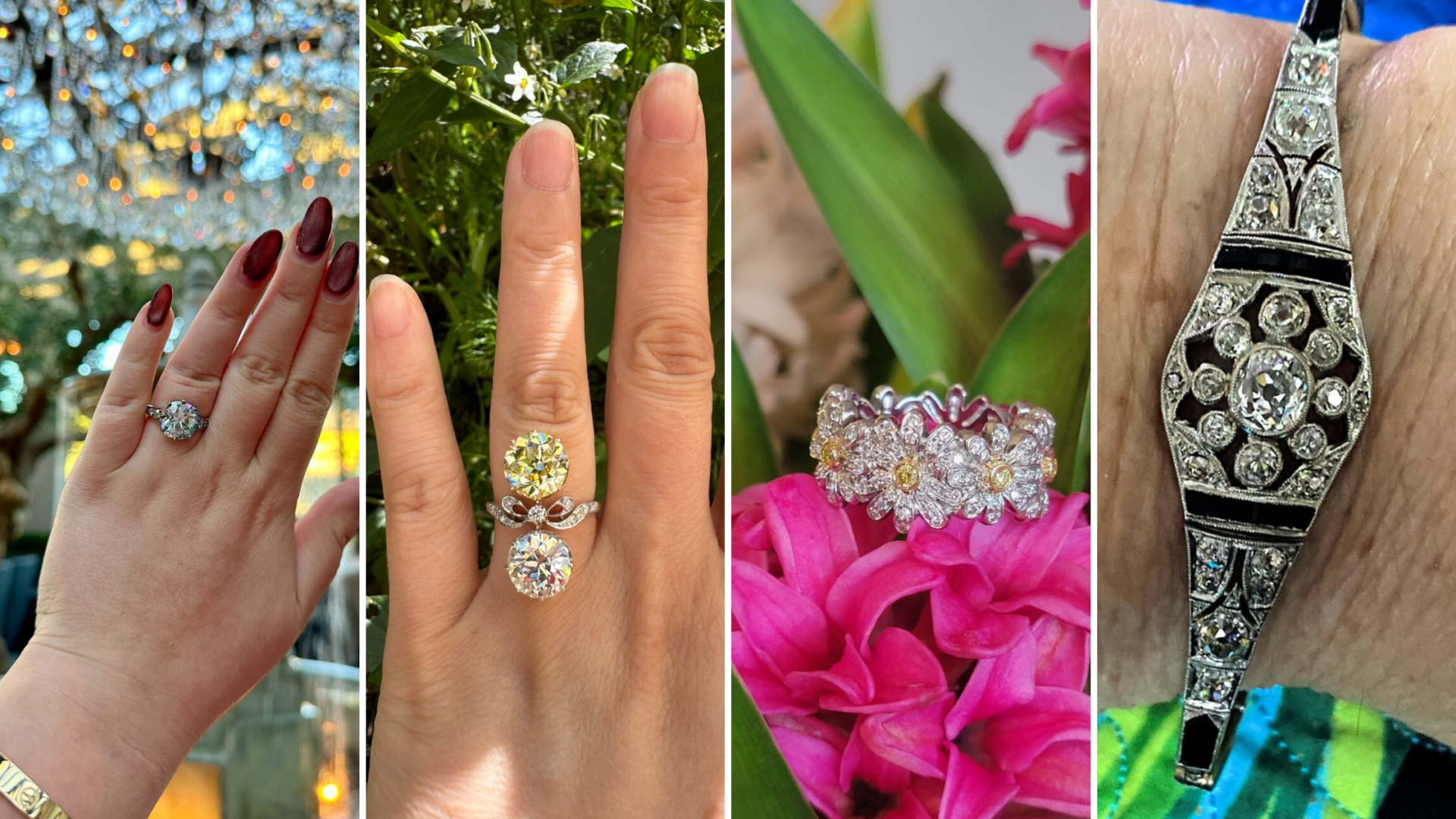- Joined
- May 25, 2005
- Messages
- 538
Three essential rules of buying gems:
1. Negotiate. Don’t be shy.
- Gems have no fixed price. 10% might always go.
- In this trade, liquidity often tops margin. "Cash" is king. Make an offer.
- More than two gems should get a parcel price.
- Gem dealers are humans. Respect and honesty help.
2. If in doubt, pay by card.
- Credit cards are 100% protected by the banks. The banks are on the buyers side.
- Paypal is neutral at best.
- Money orders or checks are only for the tried-and-tested.
3. Enjoy.
- Collecting gems must be fun. If you are tense and nervous you are missing the point.
- Buy only what you can afford. Don’t gamble. Gems are addictive substances.
- Inform yourself, learn and explore, but don’t get obsessed. Objective truth is limited here.
1. Negotiate. Don’t be shy.
- Gems have no fixed price. 10% might always go.
- In this trade, liquidity often tops margin. "Cash" is king. Make an offer.
- More than two gems should get a parcel price.
- Gem dealers are humans. Respect and honesty help.
2. If in doubt, pay by card.
- Credit cards are 100% protected by the banks. The banks are on the buyers side.
- Paypal is neutral at best.
- Money orders or checks are only for the tried-and-tested.
3. Enjoy.
- Collecting gems must be fun. If you are tense and nervous you are missing the point.
- Buy only what you can afford. Don’t gamble. Gems are addictive substances.
- Inform yourself, learn and explore, but don’t get obsessed. Objective truth is limited here.








300x240.png)